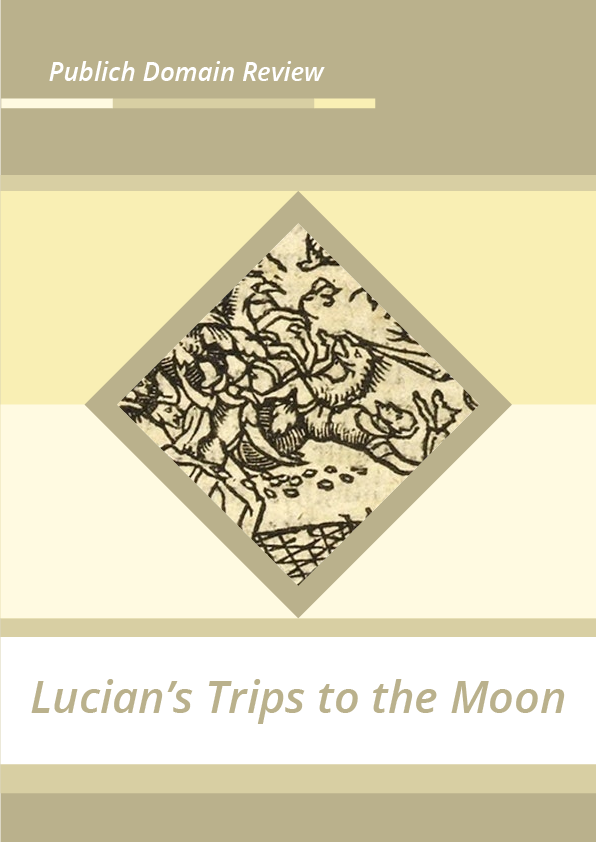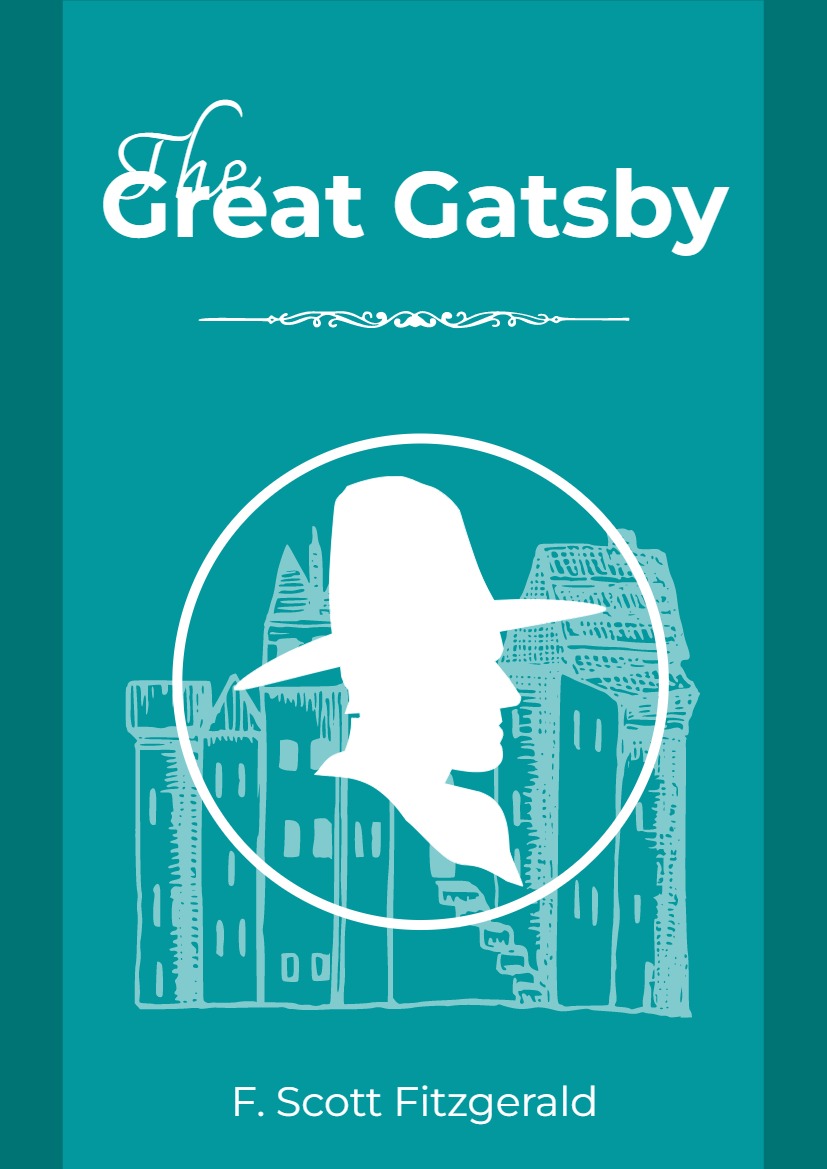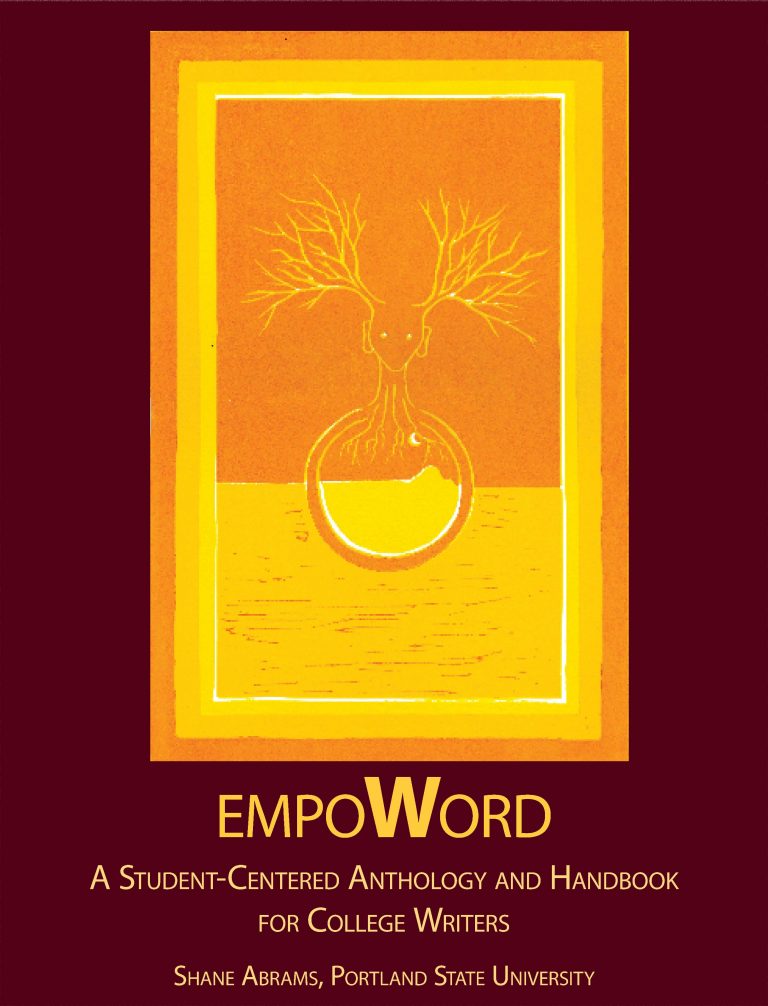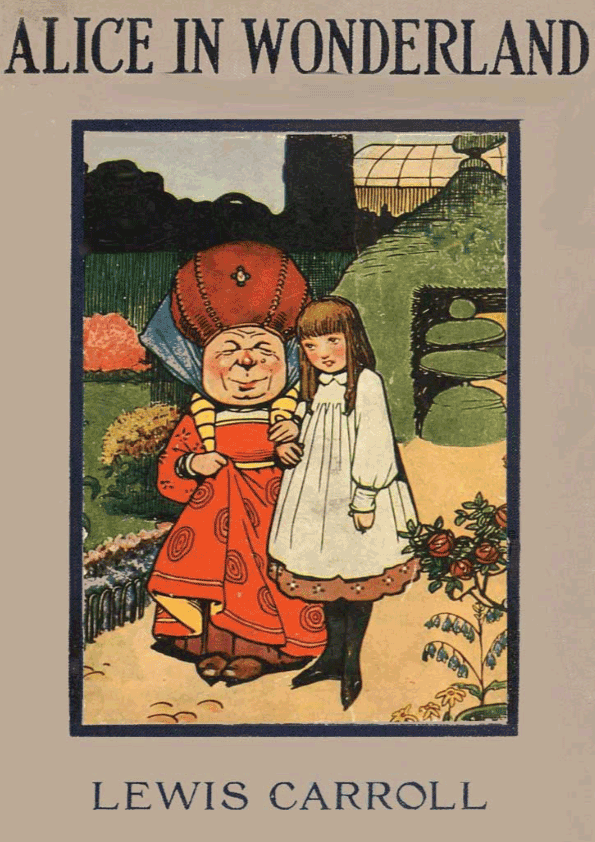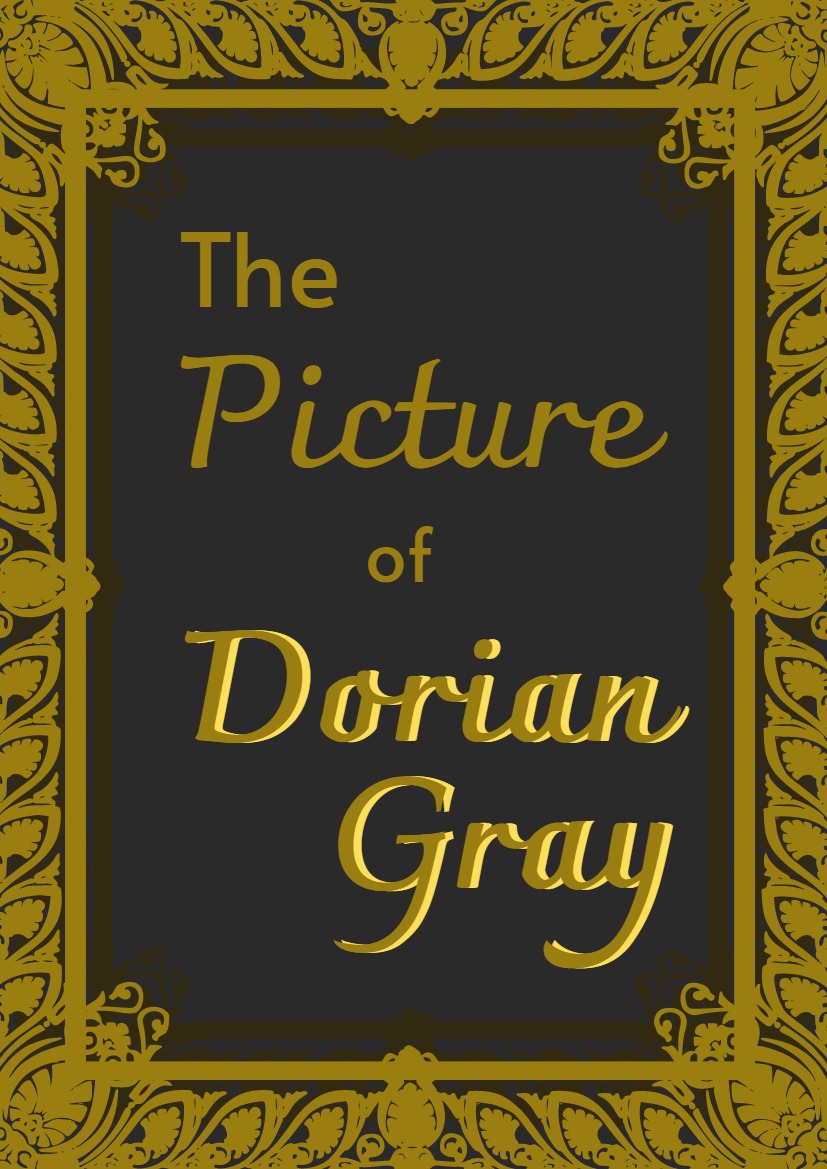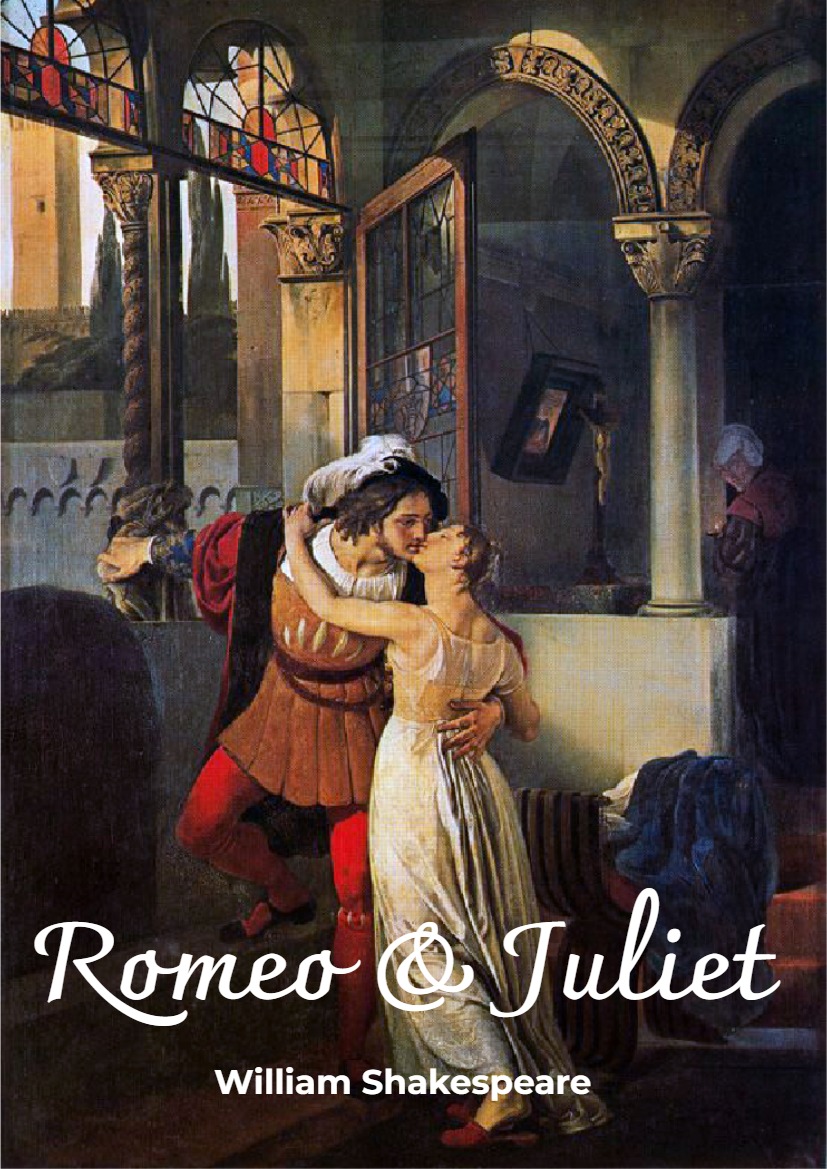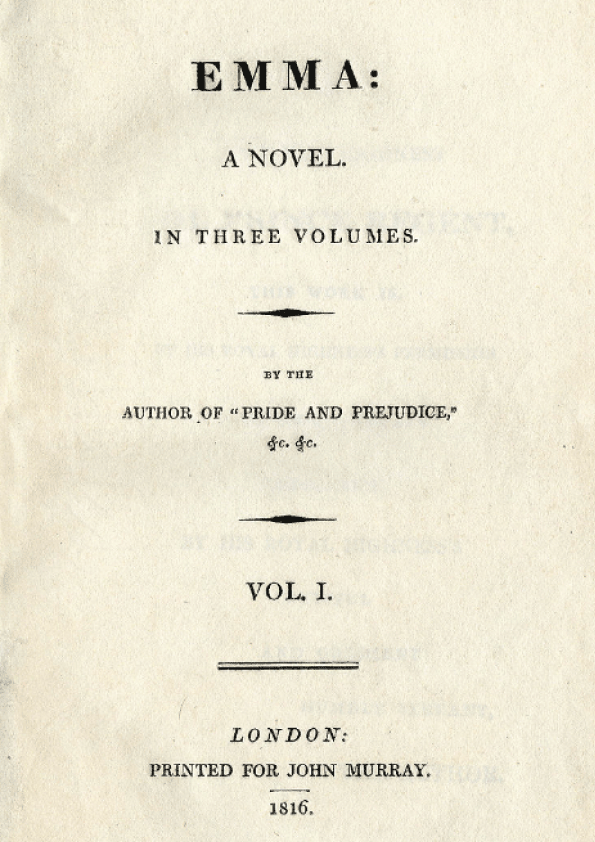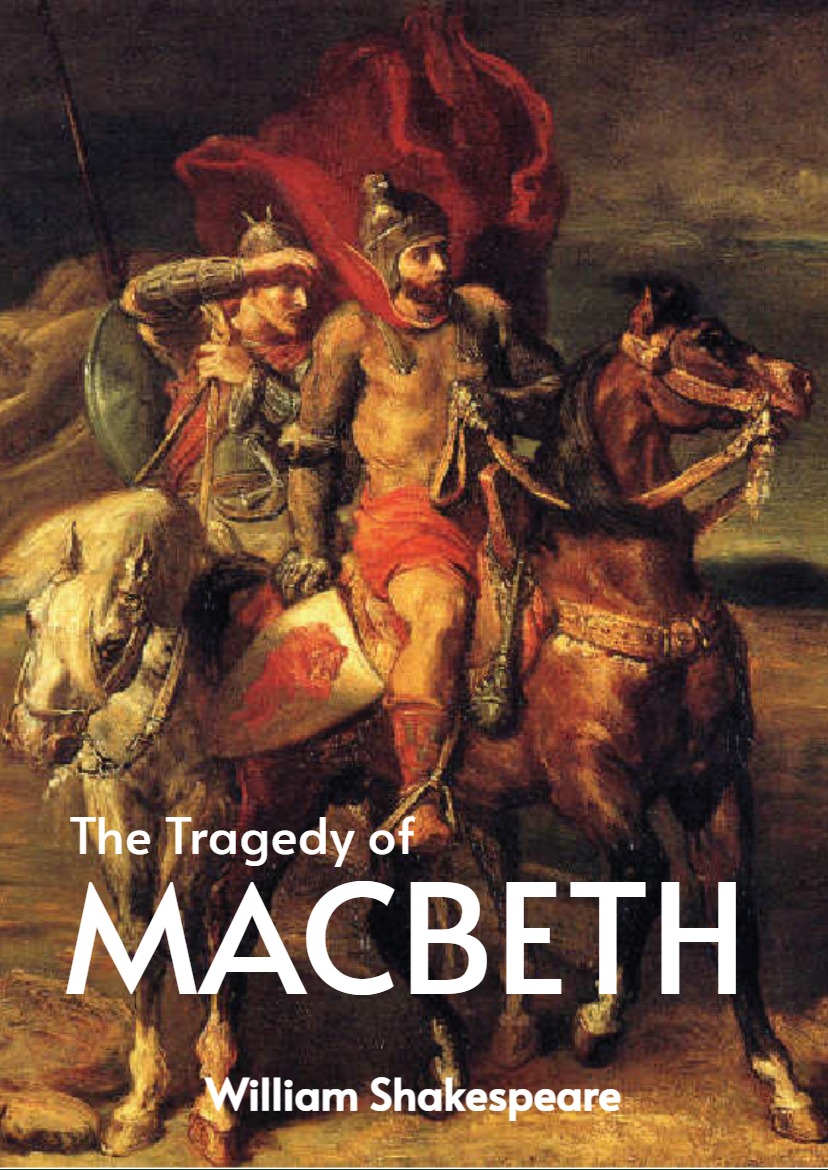With his Vera Historia, the 2nd century satirist Lucian of Samosata wrote the first detailed account of a trip to the moon in the Western tradition and, some argue, also one of the earliest science fiction narratives. Aaron Parrett explores how Lucian used this lunar vantage point to take a satirical look back at the philosophers of Earth and their ideas of “truth”.
The Greek-speaking rhetorician and writer Lucian of Samosata, born around 125 CE in what is now known as Syria, has had a somewhat mixed reception through the ages. Scholars agree that his contemporaries and successors viewed him with a great deal of respect. Early Christians were less admiring of Lucian and his pagan and vitriolic pen, though by the time of the renaissance, he had regained favor among learned people. Italian humanists translated him from Greek, and thus Lucian went on to influence the post-renaissance modern world.
While scholars divide themselves over whether Lucian’s greatest contribution lies in his preservation of classical rhetoric or his innovative force as a satirist, in either case what continues to interest casual readers and scholars alike is his profound sense of humor in investigating what are serious philosophical subjects: the moral life, epistemology, and politics. It is perhaps epistemology which can be seen as Lucian’s main focus of satire in what has become his best known work, Vera Historia (in English, True Story), a detailed and elaborate fantasy about travelling to the moon.
The Vera Historia is not only the first detailed narrative about traveling through space to the moon in the Western tradition, it is also, arguably, the strangest. On Lucian’s lunar surface we encounter a dizzying litany of bizarre beasts: three headed vultures, grass-bodied birds with wings of giant leaves, elephant-sized fleas, half women half grapevine beings from whom a kiss would send one “reeling drunk”, and men who sweat milk of such quality “that cheese can actually be made from it by dripping in a little of the honey” which runs from their noses. He also gives particular attention to innovative new methods of reproduction, a necessity in a land devoid of women. On one part of the moon babies are born from men’s swollen calves, delivered dead but brought to life “by putting it in the wind with its mouth open”. A people known as the Arboreals have a different method: a man’s right genital gland is cut off, planted, and from it “grows a very large tree of flesh, resembling the emblem of Priapus”, and from its fruit of huge acorns men are ‘shelled’.
For readers in the 2nd century a trip to the moon would have been fantastical enough, but with these strange array of creatures and outlandish adventures thrown in, the story is clearly anything but “true”. Lucian’s naming of his tale is immediately provoking. He was familiar with the paradox of Epimenides, the man from Crete who announced as gospel truth that “All Cretans are liars” – if he is telling the truth he is lying, but if he is lying then he is telling the truth. Similarly, when Lucian calls his fantastic tale (which makes fun of liars) a “true story,” he references one of the key paradoxes of philosophy and its inability to be completely self-grounding.
In the prologue, he explores the problem of narratorial authority — a key problem for literary criticism in the twentieth century. With an obvious reference to Epimenides, Lucian proclaims: “But my lying is far more honest than [the philosophers’], for though I tell the truth in nothing else, I shall at least be truthful in saying that I am a liar.” Critics have observed that within the first few lines, the persona of the “author” himself is immediately called into question: from the perspective of the author Lucian, what follows is fiction; for the narrator, however, everything is “true.” Since the play of his text unfolds against the backdrop of a paradox, Lucian prevents the reader from gaining even a foothold of privileged perspective from which to objectively judge the truth value of the narrative. More subtly, his statement evokes Homer’s epics and Herodotus’s histories, as well as the dialogues of Plato. He also anticipates the folly of Rousseau’s impossible oath to honesty at the outset of his Confessions centuries later; indeed the Epimenidean paradox applies to almost any work of fiction that purports to tell ‘truth.’
